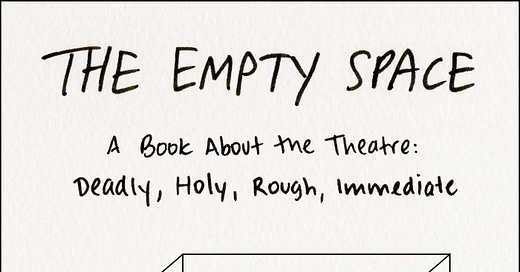According to stereotype, analytic philosophers love nothing more than analyzing concepts, filling the ellipsis in
x is F if and only if …
with conditions held to be implicit in the meaning of a word.
It’s an anachronistic vision, both because “analytic truth” plays a minimal role in contemporary philosophy—there’s more interest in “real definition,” the metaphysical project of explaining what it is to be F—and because philosophers are willing to treat concepts as primitive: undefined but well-understood.
Yet the old skills remain, itching to be used: the intricate conjecture of criteria for being F; the boundless ingenuity of exceptions. Done well, even failed analysis can be a source of insight.
Take the concept, stand-up comedy, analyzed by Oliver Double in his definitive book on the subject, Getting the Joke. Though he is not a professional philosopher, Double has an instinctive feel for the game:
In my first book, I define stand-up as: ‘[A] single performer standing in front of an audi…
Keep reading with a 7-day free trial
Subscribe to Under the Net to keep reading this post and get 7 days of free access to the full post archives.



